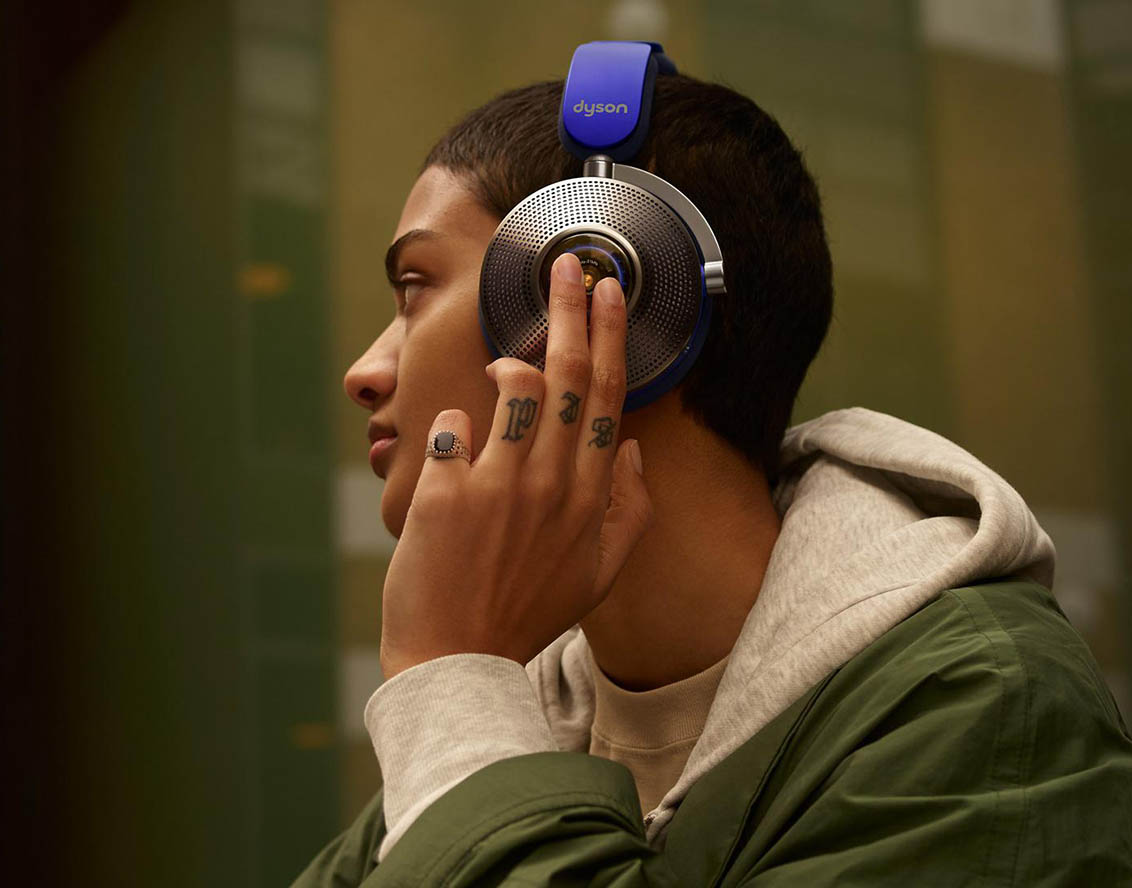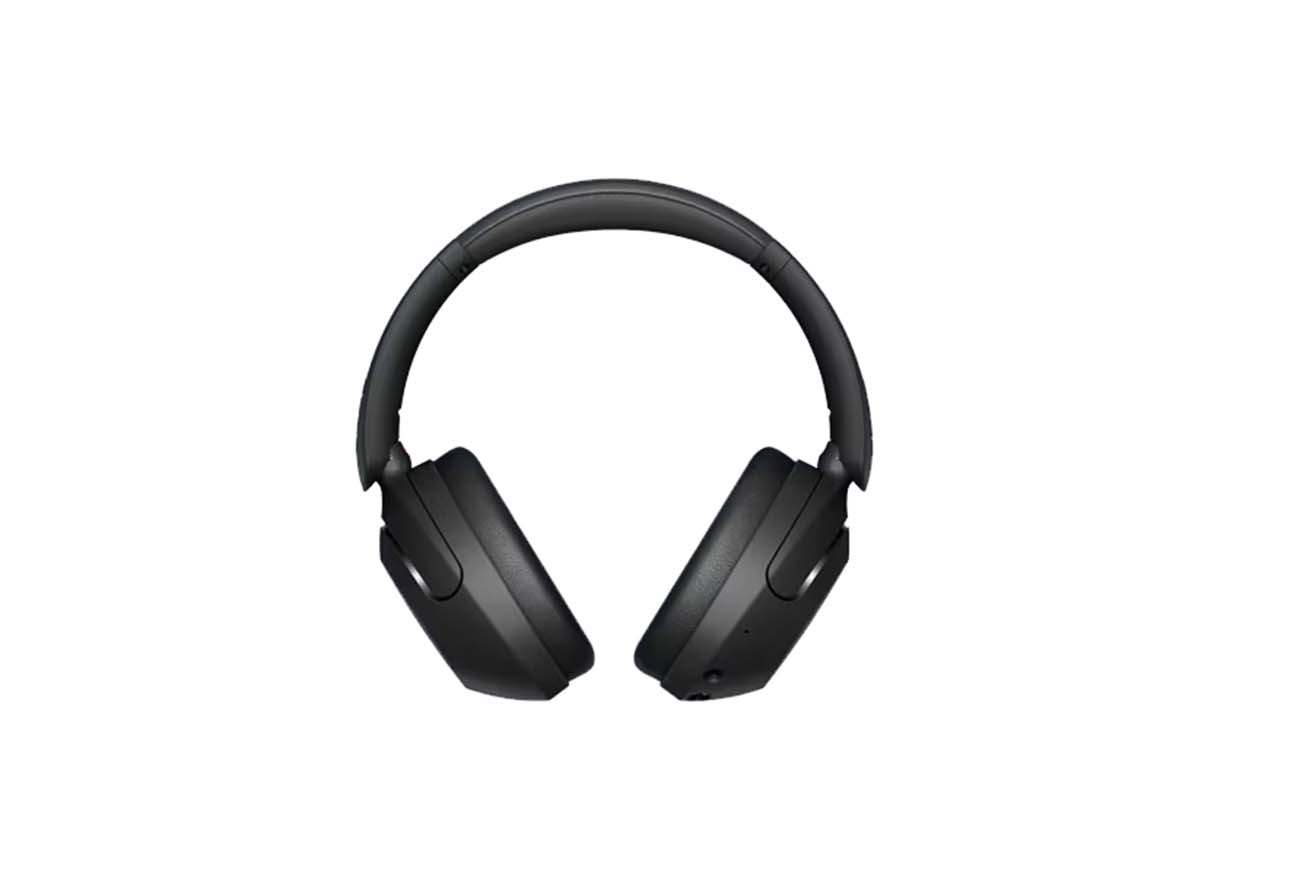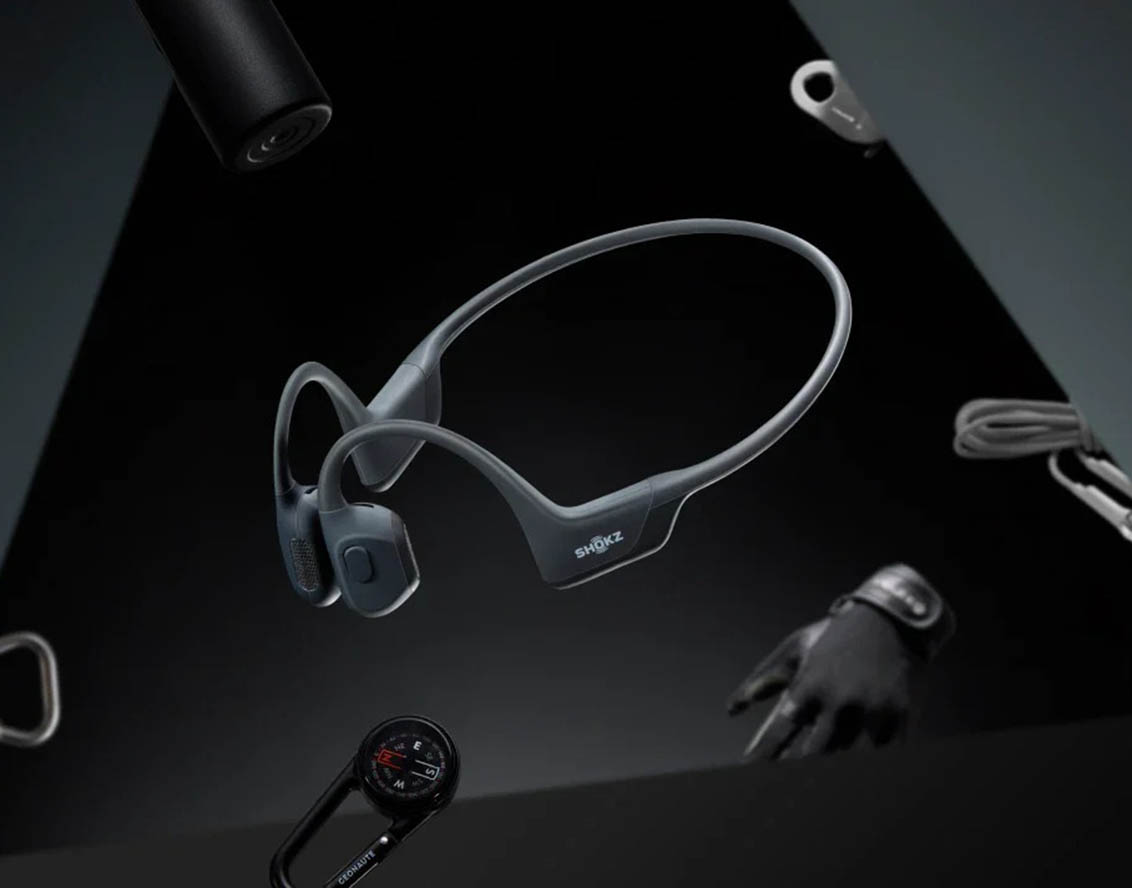In our daily lives, we often encounter noise pollution, especially in cities where noise is constantly present — the roar of subways, the sounds of cars on the street, the chatter in the office, or even music from a neighboring apartment. To cope with these disturbances, many people turn to headphones or earplugs to reduce noise interference. However, when choosing these devices, we often encounter the terms “soundproofing” and “noise cancelling.” Many people may wonder: what’s the difference between them? What situations are each best suited for? And which one should I choose? Today, I’ll provide a detailed analysis of the differences between soundproofing and noise cancelling, along with their respective applications, to help you make the best choice for your needs.
What is Noise Cancellation?
Noise cancellation refers to the reduction or elimination of unwanted noise, especially low-frequency sounds, using specific technologies. Common noise cancellation techniques include passive noise cancellation and active noise cancellation. Passive noise cancellation typically involves physical barriers, such as earplugs or ear cups, which block external noise. Active noise cancellation (ANC), on the other hand, uses electronics to detect surrounding noise and produce sound waves that are the inverse of the detected noise, thereby canceling it out.
Active noise cancellation relies on external microphones to capture the noise around you, and then speakers inside the headphones emit sound waves that are the opposite of the noise’s frequency. This technology is widely used in noise-cancelling headphones, helping us enjoy clearer audio even in noisy environments. It’s important to note that noise cancellation works best for low-frequency sounds, such as engine noise or air conditioning hum, but it is less effective for higher-frequency sounds like human speech.
What is Soundproofing?
Soundproofing refers to the physical blocking of sound waves to prevent noise from entering or exiting a space. In simple terms, soundproofing creates a physical barrier to “block” sound rather than using electronic methods. Common soundproofing techniques include installing materials like foam panels, soundproof windows, or thick walls to reduce the intrusion of external noise. The effectiveness of soundproofing varies depending on the materials used, but overall, soundproofing is a direct and physical way of preventing noise from entering or spreading.
Unlike noise cancellation, which uses sound wave inversion to neutralize noise, soundproofing’s purpose is to completely block or reduce sound through physical barriers. If you’re looking to avoid disturbance from external noise, physical soundproofing is the most effective and straightforward solution.
The Key Differences Between Soundproofing Headphones and Noise Cancelling Headphones
Today, many headphone brands claim that their products are equipped with either “soundproofing” or “noise cancelling” capabilities. However, these two terms represent different technologies and effects, and understanding the distinction can help you make an informed purchase decision.
- Soundproofing Headphones
Soundproofing headphones use a physical design to isolate external noise. These headphones usually feature a closed-back design with ear cups that fully cover the ears, creating a barrier against outside sounds. This physical isolation effectively blocks out much of the surrounding noise, especially in noisy environments like public transport or on the street. However, the effectiveness of soundproofing headphones depends on the seal of the ear cups and the materials used. They don’t rely on electronic technology to cancel out sound, so their ability to block high-frequency noise, like voices, may be less effective than low-frequency noise. - Noise Cancelling Headphones
Noise cancelling headphones, in contrast, use active noise cancellation technology (ANC). These headphones use built-in microphones to capture external noise and produce inverse sound waves through the internal speakers, reducing the noise interference. Noise cancelling headphones are particularly effective at reducing low-frequency sounds, such as engine noise from airplanes or the hum of air conditioning. However, their effectiveness in cancelling high-frequency sounds like human speech may be less noticeable. The advantage of noise cancelling headphones is that they not only reduce noise but also enhance audio clarity, providing a better listening experience when listening to music or making calls.
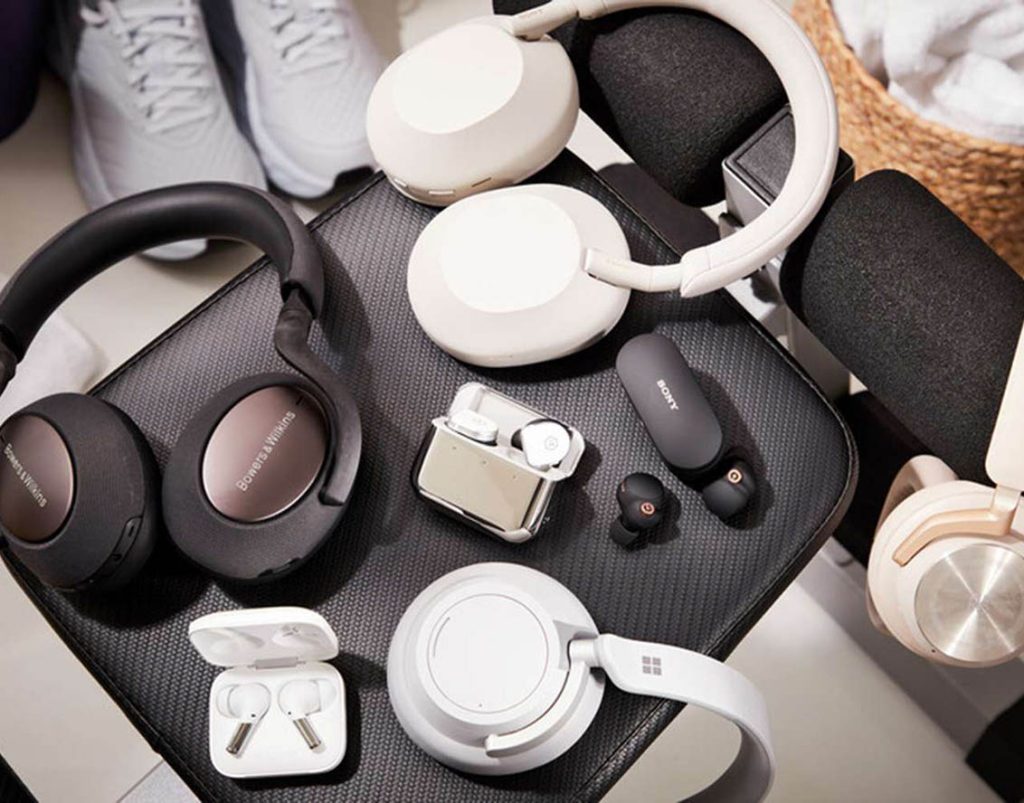
Soundproofing vs Noise Cancelling: Which One Should You Choose?
Whether you should opt for soundproofing headphones or noise cancelling headphones depends on your specific needs and the environments in which you use them. Both have their own advantages and disadvantages, so finding the one that best suits your situation is key.
- If you work in a quiet environment or simply want to avoid noise interference, soundproofing headphones might be the better choice. They effectively block out most external noise through their physical design, making them ideal for quieter settings like home offices or libraries. If you need to communicate with others or if the surrounding noise levels are low, soundproofing headphones can provide a comfortable experience.
- If you often find yourself in noisy environments, such as on airplanes, trains, or public transportation, or if you need to concentrate in a loud space, noise cancelling headphones may be the better option. Their active noise cancellation technology helps significantly reduce low-frequency noise, allowing you to enjoy cleaner audio or focus on tasks. For those who need to listen to audio in noisy surroundings, noise cancelling headphones will be the most effective choice.
That said, many headphone brands now combine both soundproofing and noise cancelling technologies to offer a more comprehensive solution for noise control. For example, a closed-back ear cup design can provide excellent sound isolation, while built-in noise cancellation technology further enhances the listening experience by reducing external interference.
Recommended Brands and Products
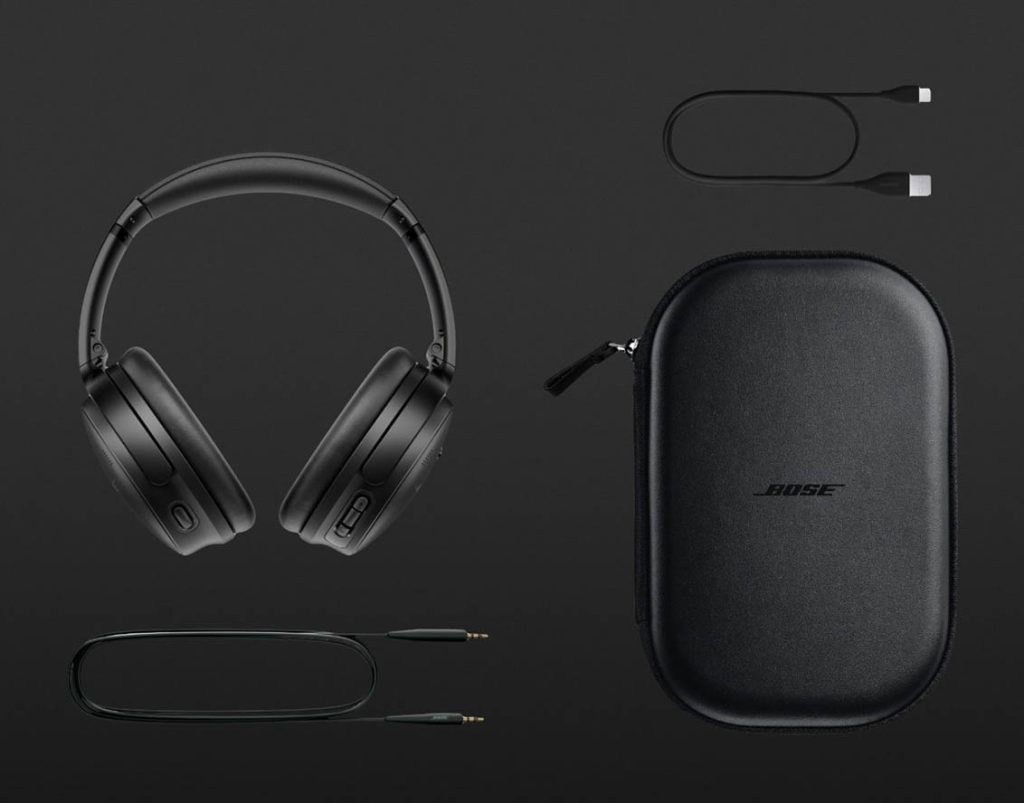
- Bose QuietComfort 45
Bose’s QuietComfort series is one of the top contenders in the noise cancelling headphone market. The QuietComfort 45 features advanced active noise cancellation technology, effectively reducing low-frequency noise and providing a comfortable listening experience for long hours. Whether you’re on a plane, in an office, or in a noisy café, these headphones help you enjoy a peaceful, immersive audio experience. - Sony WH-1000XM5
Sony’s WH-1000XM5 is one of the best noise cancelling headphones on the market, praised for its exceptional noise cancelling performance and comfort. The active noise cancellation technology in these headphones is incredibly powerful, making them perfect for use in even the most noisy environments. Additionally, the sound quality is superb, making them an ideal choice for audiophiles and those who want both excellent sound and noise cancellation.
Soundproofing and noise cancelling are similar in that they both aim to reduce or block noise, but they differ in their methods and effectiveness. Soundproofing uses physical barriers to block sound, while noise cancelling uses electronic technology to neutralize noise through inverse sound waves. The choice between the two depends on your needs and the environment in which you’ll be using the headphones.
By understanding the differences and applications of these technologies, you can make a more informed decision about which headphones are best for you. Whether you choose soundproofing or noise cancelling, both options offer significant benefits for improving your listening experience and helping you enjoy peace and quiet, even in noisy surroundings.
